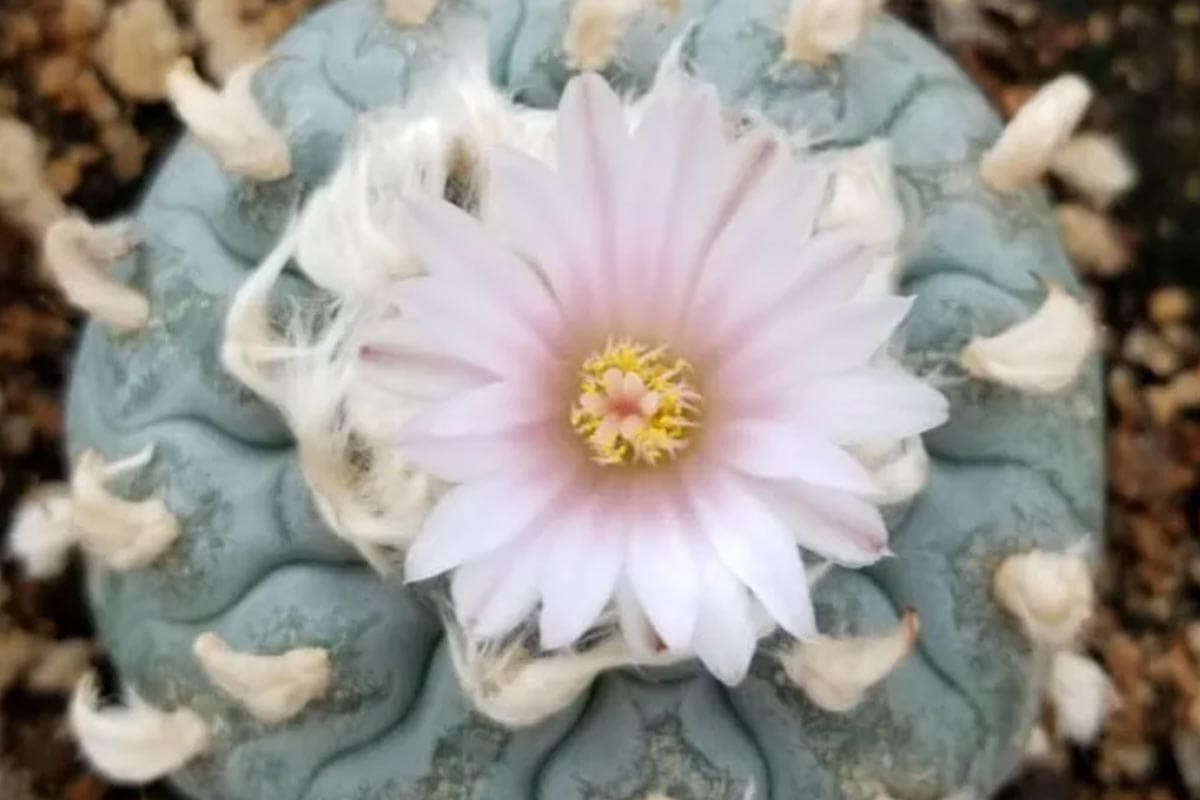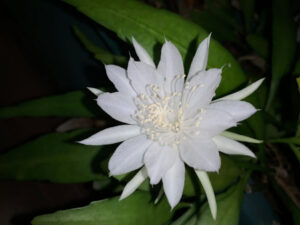When it comes to unique cultural and spiritual experiences, few substances capture the imagination quite like peyote. This small, spineless cactus is renowned for its psychoactive properties and rich history, particularly among Indigenous cultures in North America. In Arizona, where the desert landscapes provide an enchanting backdrop, the question often arises: Where can one take peyote legally and ethically? Understanding the intricate web of legal and ethical considerations surrounding this sacred plant is essential for anyone contemplating this journey.
Nevertheless, embarking on a peyote experience requires more than simply knowing where to find the cactus. It necessitates a deep respect for its history, an awareness of its legal status, and a comprehension of the ethical implications involved in its use.
Delving Into the Legal Framework
The legal landscape regarding peyote in Arizona, as well as the broader United States, is a complex tapestry woven with historical, cultural, and legal threads. Peyote is classified as a Schedule I controlled substance at the federal level, meaning that its cultivation, sale, and possession are largely prohibited. However, there is a significant exception for members of the Native American Church (NAC), which utilizes peyote as a sacrament within spiritual rituals.
It is crucial to note that only individuals who are enrolled members of federally recognized tribes can legally possess and use peyote for ceremonial purposes. In Arizona, multiple tribes uphold the practice, and they have meticulously safeguarded the cultural significance of the cactus. This means that if you are not a member of one of these tribes, your options for a legal peyote experience are immensely limited.
Potential Locations for Legal Use
In terms of where to take peyote legally, the only sanctioned settings are usually within the confines of ceremonial gatherings organized by Indigenous groups. These ceremonies are often held in secluded places, far from urban noise, allowing participants to immerse themselves in nature. Iconic locations in Arizona where such ceremonies occur include sacred sites tied to tribal history, often set against the majestic vistas of desert mountains or serene canyon landscapes.
During these gatherings, participants engage in prayers, songs, and communal sharing, creating an atmosphere of profound connection to both the medicine and the community. If you’re fortunate enough to be invited to such a gathering, it is imperative to approach it with reverence and humility, honoring the traditions that have been preserved for generations. Respecting the protocols of the ceremony is non-negotiable and forms the cornerstone of ethical participation.
The Ethical Pillars of Peyote Use
As one delves into the practice of peyote consumption, ethical considerations become gravely important. Engaging with peyote without an intimate understanding of its cultural and spiritual significance can inadvertently lead to cultural appropriation, commodification, and disrespect to Indigenous beliefs. It is essential to recognize the value and reverence that Indigenous peoples assign to peyote, and to respect that relationship.
This ethical framework extends beyond just attending a ceremony. For those interested in peyote cultivation or usage in any form, it becomes vital to engage in respectful and informed practices. This includes seeking out educational resources provided by Indigenous communities, participating in informational sessions, and consistently prioritizing the well-being of ecosystems from which peyote derives.
Additionally, as more people search for authentic experiences with peyote, it is critical to avoid exploiting the plant. Consequently, establishing relationships with knowledgeable Indigenous individuals or organizations can facilitate a deeper understanding of the plant’s role in spiritual practice, ensuring that any engagement is grounded in sincerity rather than mere novelty.
Responsible Approaches to Exploration
Cultural sensitivity is paramount when exploring peyote’s use outside traditional settings. Interested individuals should consider alternative ways to connect with the spirit of peyote without partaking in the substance itself. Engaging in meditation or nature immersion can provide some of the insights that peyote offers without invading sacred cultural practices. Moreover, educating oneself about Indigenous perspectives and fostering dialogue can create a pathway for respectful interaction.
For those curious about the experience that peyote can offer, numerous resources exist to learn more about its effects, manage expectations, and understand the physiological and psychological ramifications. Keeping in mind the history of persecution faced by Indigenous peoples for their spiritual practices enhances the collective consciousness regarding such experiences.
Wrapping Up the Journey
Ultimately, the journey to legally and ethically enjoying peyote in Arizona is a delicate one, rife with legal stipulations and cultural complexities. Respecting the autonomy of Indigenous peoples and the sanctity of their traditions is not merely advisable; it is essential. Through enhanced awareness of the legalities and ethics of peyote use, individuals can foster a deeper appreciation for this remarkable cactus, beyond the merely recreational. Ultimately, true exploration is rooted in understanding, reverence, and ethical engagement.




Leave a Comment